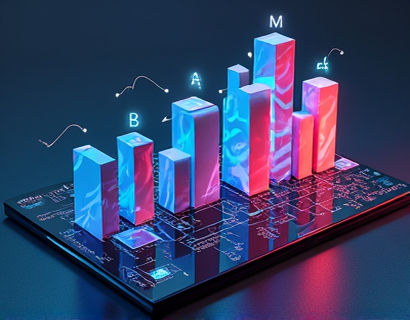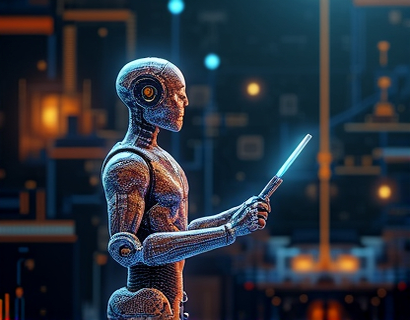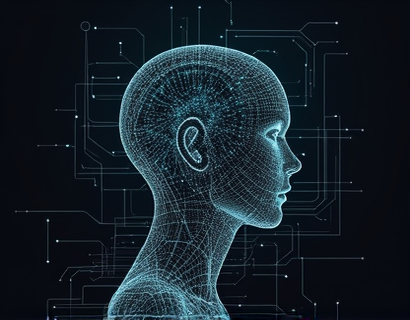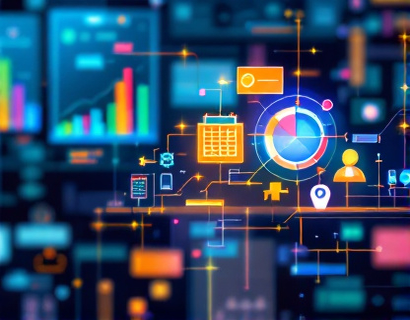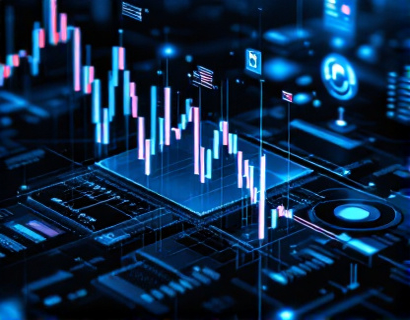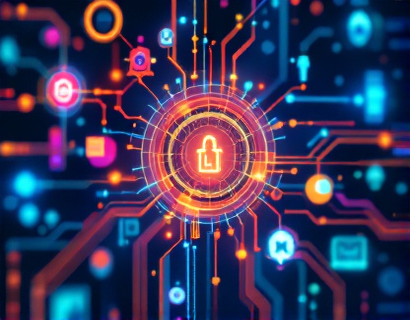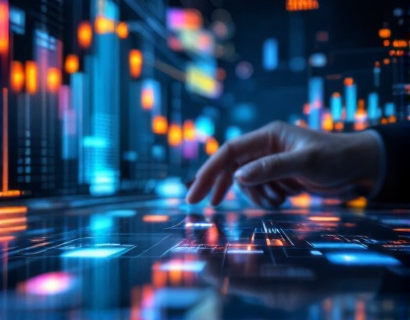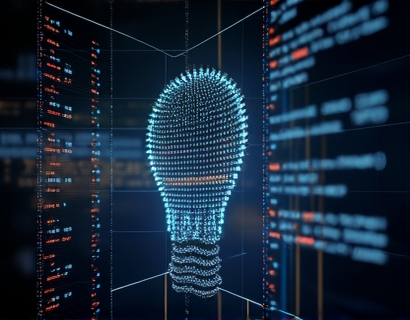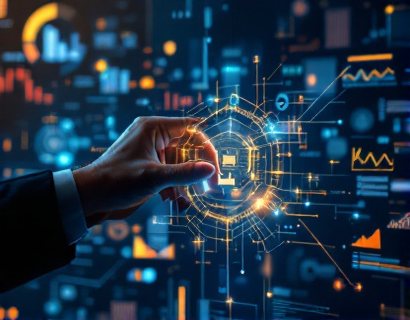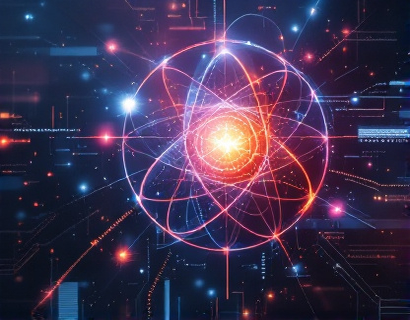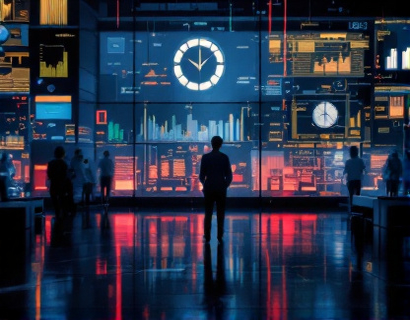Pioneering Digital Transformation: The Convergence of AI and Crypto
The integration of Artificial Intelligence (AI) and cryptocurrency is revolutionizing the digital landscape, offering unprecedented opportunities for businesses to enhance efficiency, security, and innovation. This article delves into the synergy between blockchain technology and machine learning, exploring how these advanced solutions are reshaping industries and driving growth in the blockchain era.
Understanding the Synergy
The convergence of AI and blockchain creates a powerful combination that leverages the strengths of both technologies. Blockchain provides a decentralized, transparent, and secure framework for transactions, while AI brings intelligent automation and predictive analytics. Together, they form a robust ecosystem that can transform business operations and open new avenues for growth.
Enhancing Efficiency
One of the primary benefits of merging AI with blockchain is the significant improvement in operational efficiency. AI algorithms can automate routine tasks, reducing the need for manual intervention and minimizing errors. For instance, smart contracts on blockchain can be programmed with AI-driven logic to execute transactions based on predefined conditions, ensuring that processes are not only faster but also more reliable.
In supply chain management, AI can optimize inventory levels and predict demand with high accuracy. When integrated with blockchain, this data can be recorded in an immutable ledger, providing real-time visibility and traceability. This combination reduces delays, lowers costs, and enhances overall supply chain efficiency.
Boosting Security
Security is a critical concern in the digital age, and the fusion of AI and blockchain addresses this challenge effectively. AI can detect and respond to potential security threats in real-time, analyzing patterns and anomalies to prevent breaches. Blockchain's inherent security features, such as cryptographic hashing and decentralized consensus, further fortify the system against cyber attacks.
For financial institutions, this synergy means enhanced protection against fraud and unauthorized transactions. Smart contracts can be designed to automatically trigger security protocols when certain conditions are met, ensuring that sensitive data remains secure and transactions are tamper-proof.
Driving Innovation
The intersection of AI and blockchain fosters a culture of innovation, enabling businesses to develop novel products and services. For example, in the healthcare sector, AI can analyze vast amounts of medical data stored on a blockchain to identify patterns and insights that can lead to breakthrough treatments. This not only accelerates research but also ensures data integrity and patient privacy.
In the realm of finance, decentralized finance (DeFi) platforms leverage AI to create sophisticated financial instruments and trading strategies. These platforms offer greater accessibility and inclusivity, allowing users to participate in complex financial activities without intermediaries.
Case Studies and Real-World Applications
Several industries have already begun to harness the power of AI and blockchain. In the logistics sector, companies like Maersk and IBM have collaborated on a blockchain-based platform that uses AI to optimize shipping routes and reduce costs. The system analyzes historical data and real-time conditions to make informed decisions, ensuring efficient and cost-effective transportation.
In the energy industry, blockchain and AI are being used to create peer-to-peer energy trading platforms. These platforms allow consumers to buy and sell excess renewable energy directly, with AI managing the transactions and ensuring fair pricing. This not only promotes sustainable energy use but also empowers individuals to become active participants in the energy market.
Challenges and Considerations
While the potential benefits are significant, there are challenges to consider when integrating AI and blockchain. Scalability remains a key issue, as both technologies require substantial computational resources. However, advancements in blockchain architecture and AI algorithms are addressing these concerns, paving the way for more efficient and scalable solutions.
Regulatory compliance is another critical aspect. As governments worldwide begin to establish frameworks for blockchain and AI, businesses must ensure their applications adhere to local laws and regulations. This includes data privacy, anti-money laundering (AML), and know-your-customer (KYC) requirements.
Future Outlook
The future of AI and blockchain is bright, with continuous advancements promising even greater synergies. As the technology matures, we can expect more seamless integration, leading to more sophisticated applications across various sectors. The development of interoperable blockchain networks and AI frameworks will further enhance the capabilities of these technologies, opening new frontiers for innovation.
Moreover, the rise of decentralized artificial intelligence (DAI) is an exciting area to watch. DAI combines the decentralized nature of blockchain with the intelligence of AI, creating systems that are not only more secure and transparent but also more resilient to censorship and control.
Conclusion
The convergence of AI and blockchain is a game-changer in the digital transformation journey. By leveraging the strengths of both technologies, businesses can achieve unprecedented levels of efficiency, security, and innovation. As the landscape continues to evolve, embracing this synergy will be crucial for staying competitive and driving growth in the blockchain era.



